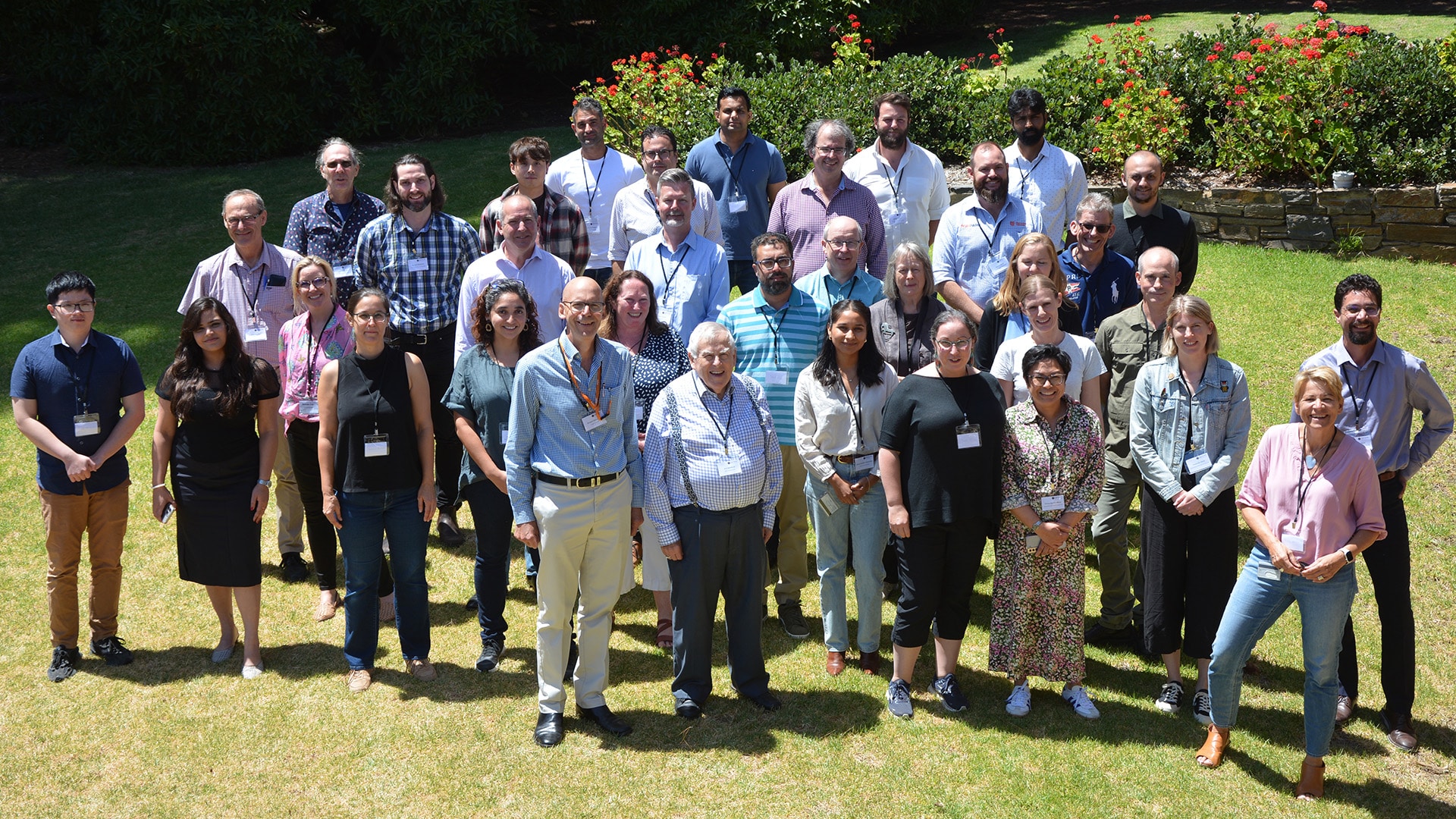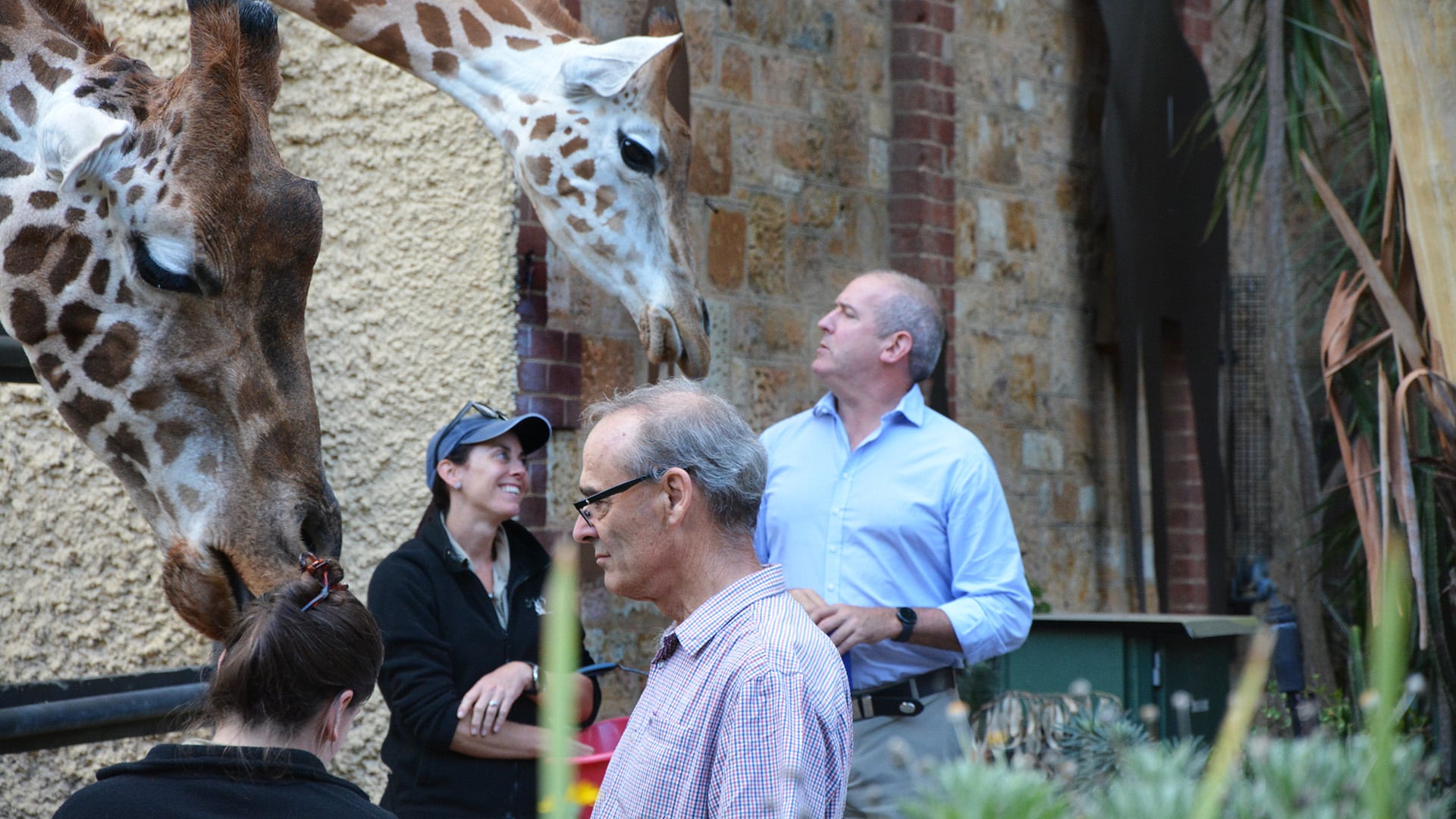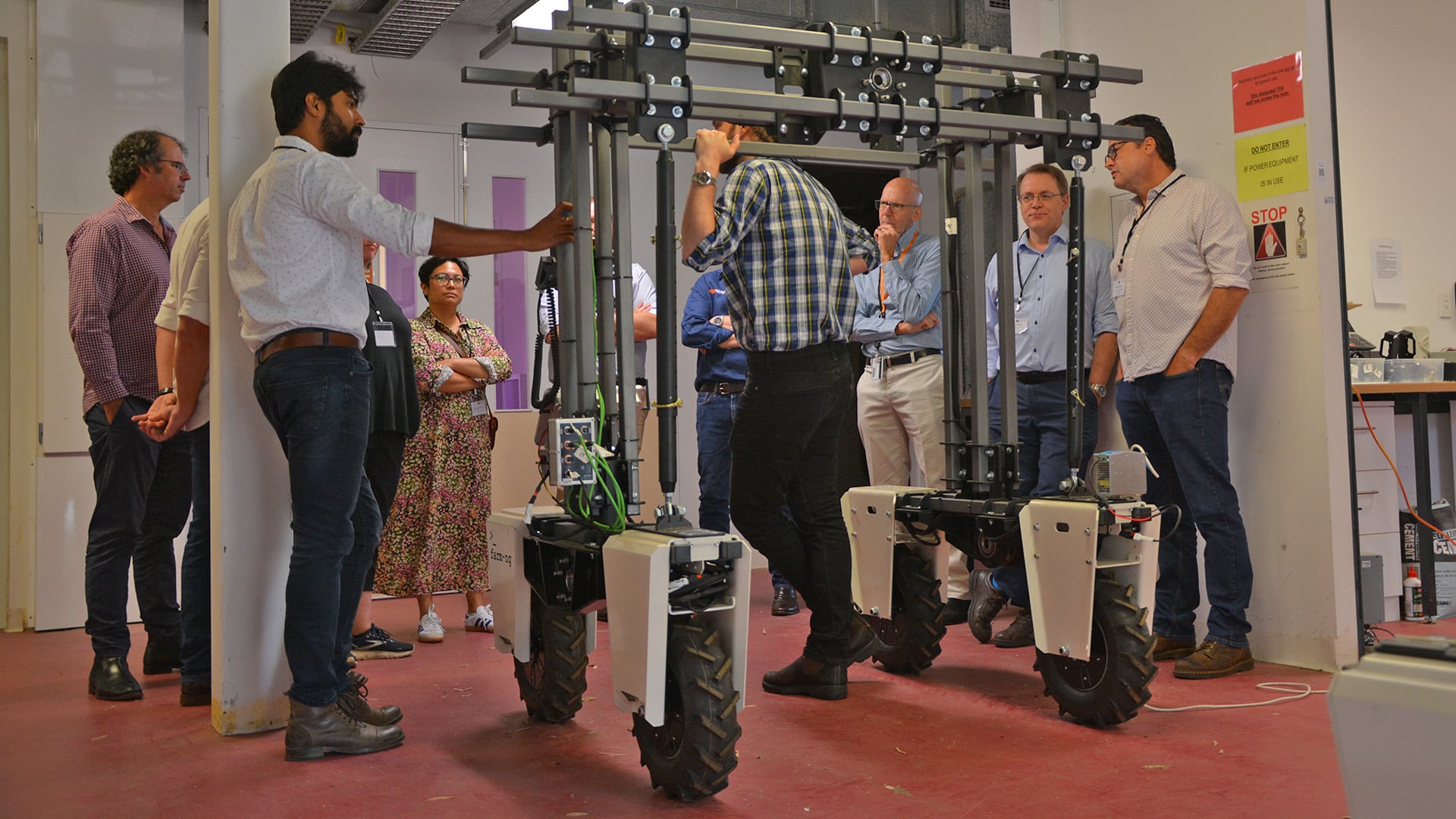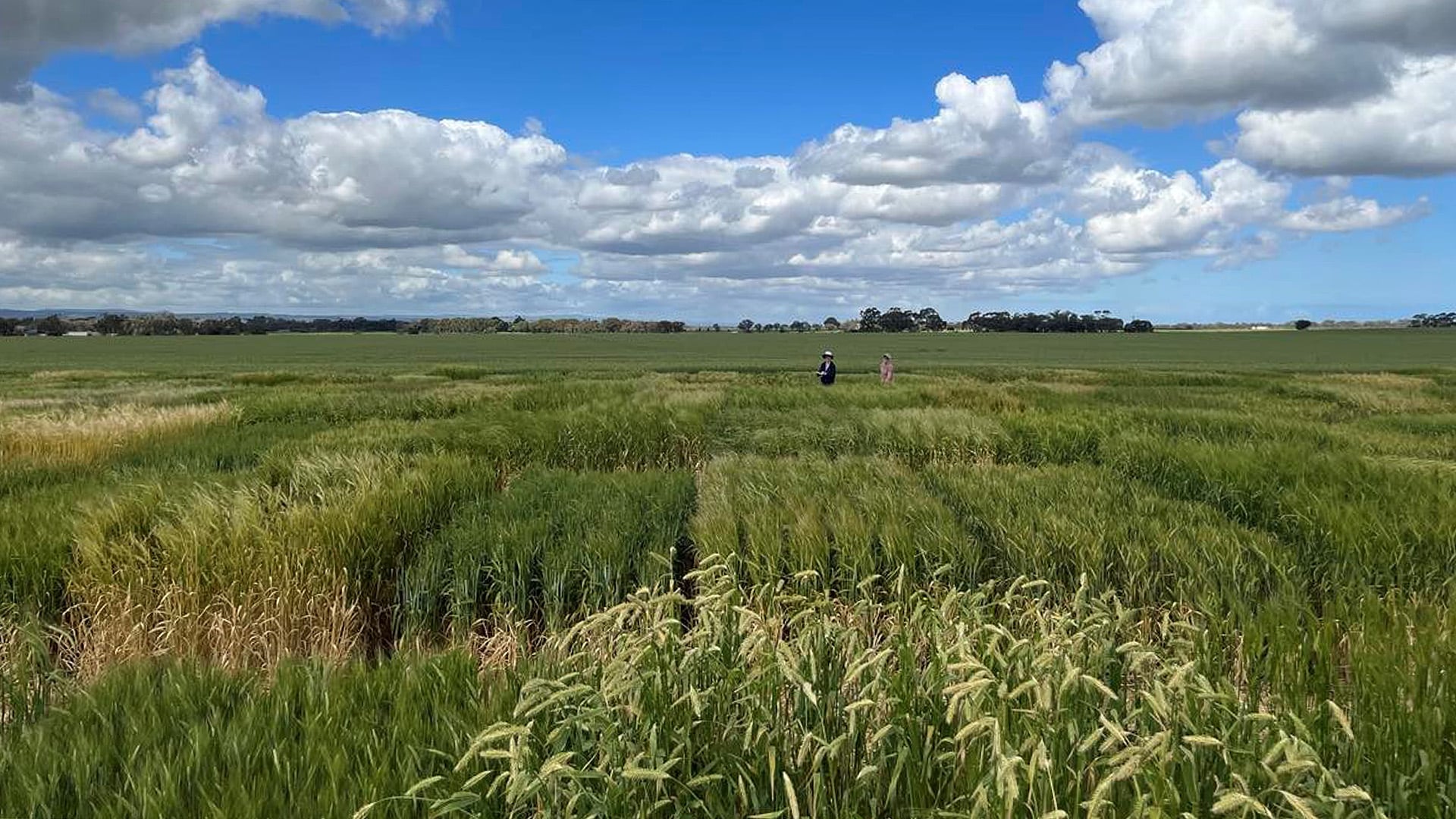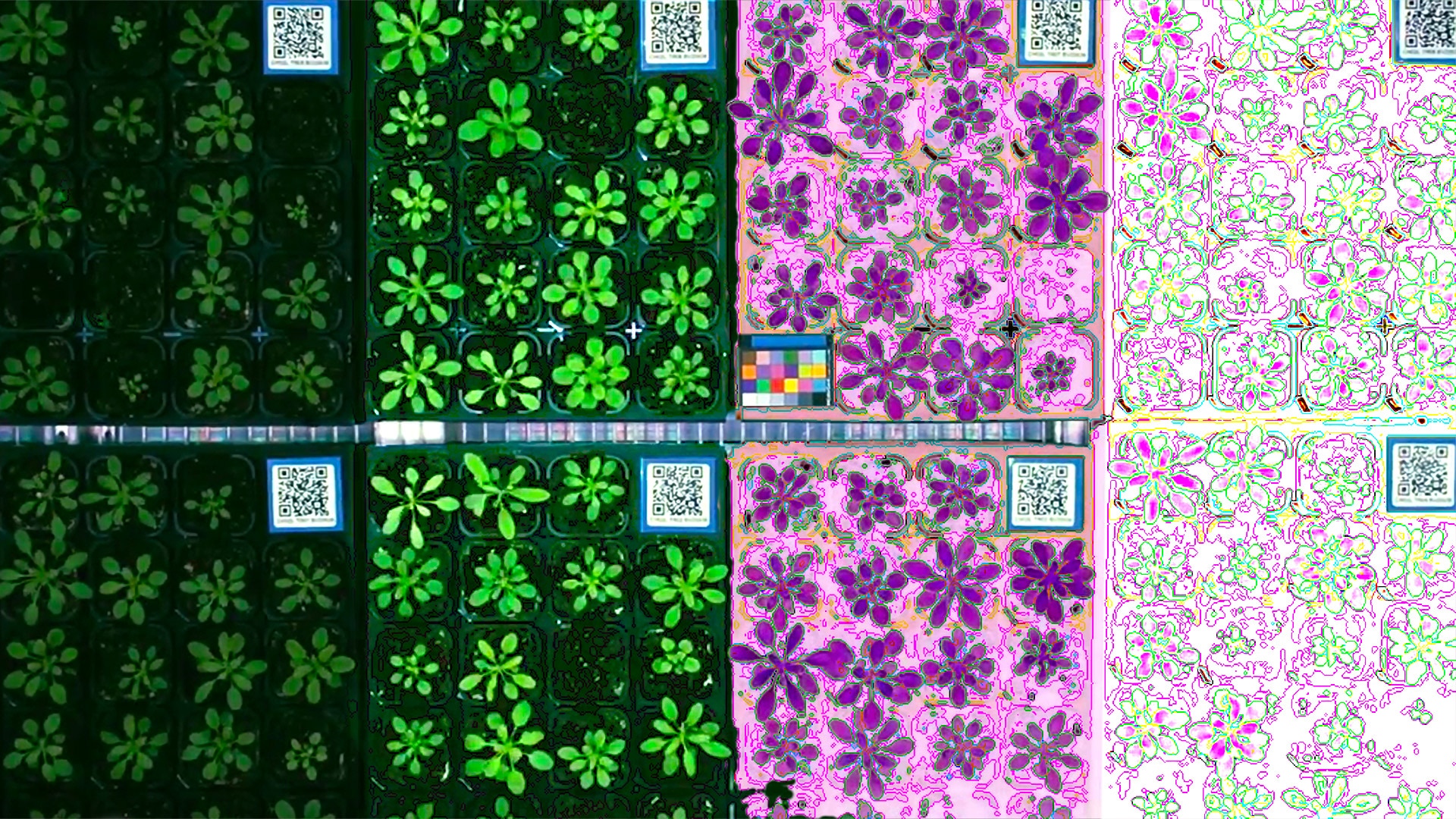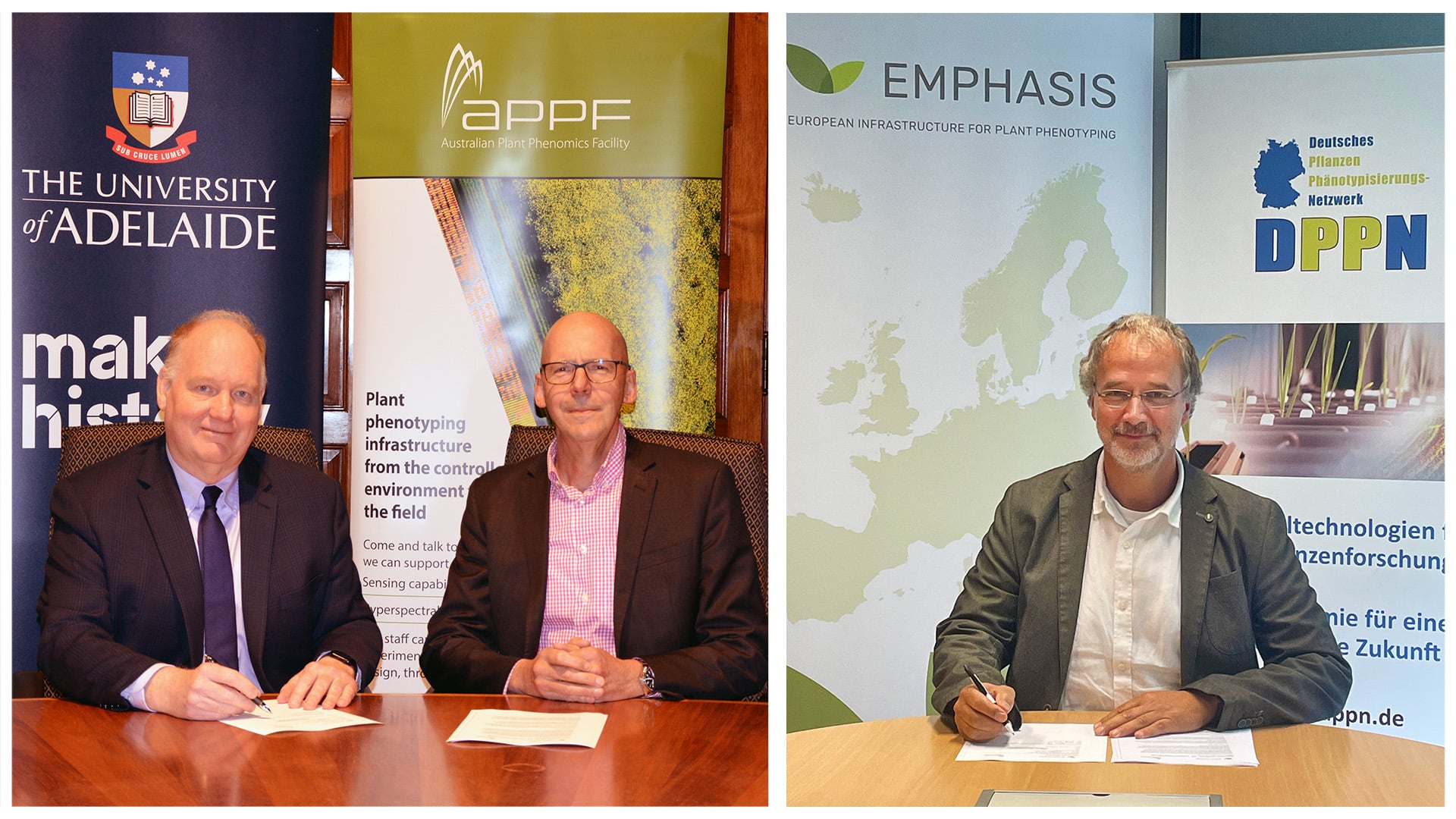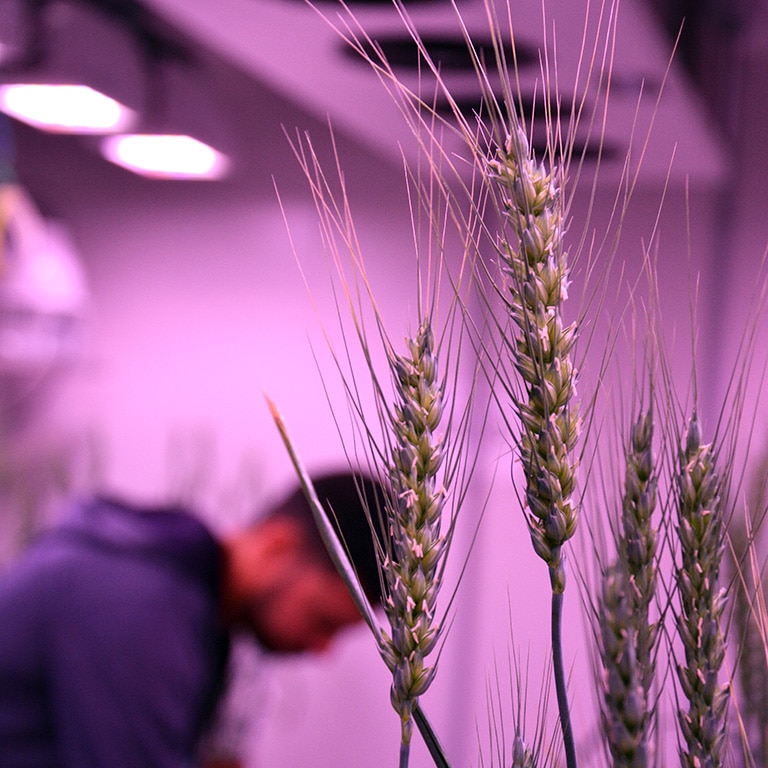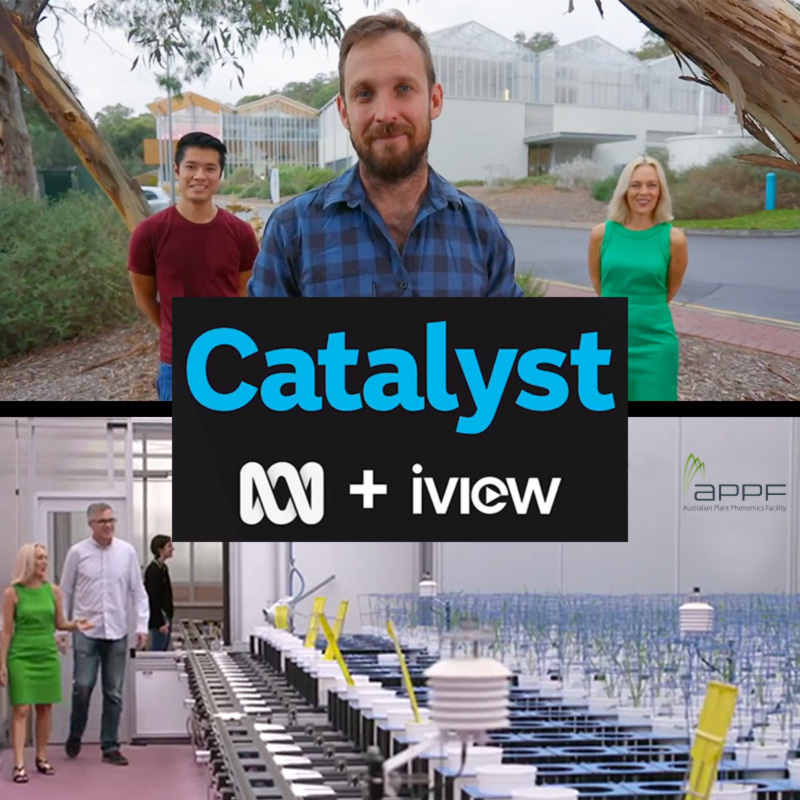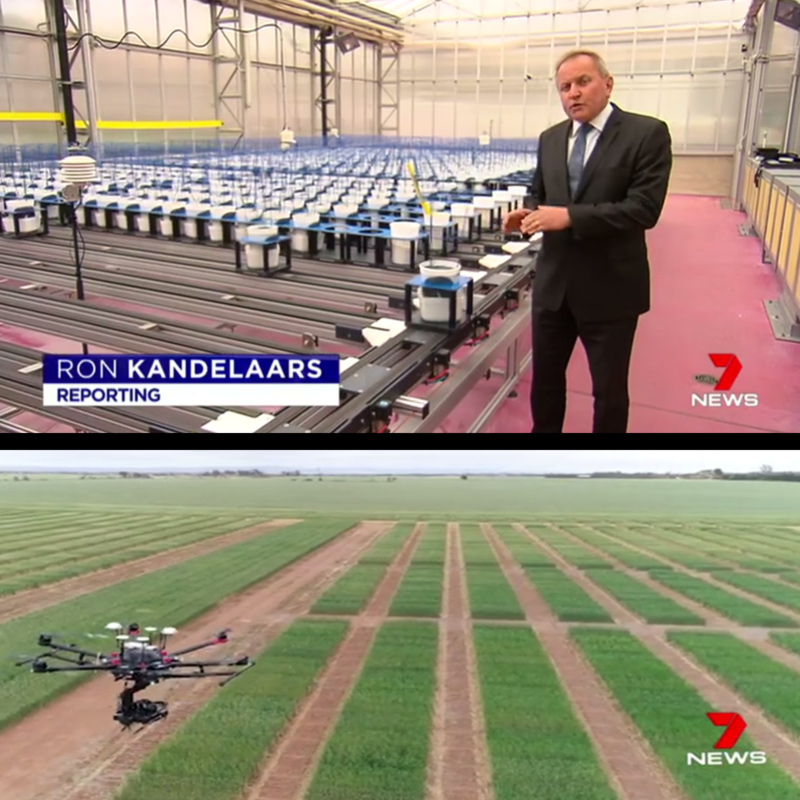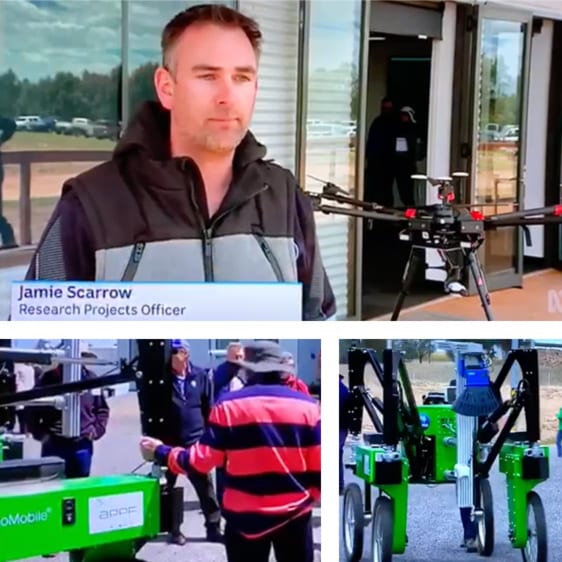News from our blog
National UAV phenotyping capability takes off
Above (left to right): Ryan Riley and Evan Flatt from GRYFN with Carla Gho and Daniel Smith from the APPF University of Queensland node fit [...]
Infrared imaging heats up
Are plants cool? Not really… In fact, developing automated, AI-enabled infrared imaging systems for plant phenomics could help researchers detect early signs of plant stress. [...]
New APPF nodes plan national operations
The Australian Plant Phenomics Facility’s national expansion took another major step forward recently. Representatives from our expanded network of nine Nodes, Central Office and Central [...]
Apply to access the 2024 OzBarley field trials
Barley researchers are being invited to submit expressions of interest for access to field trials of the OzBarley elite panel in 2024. The GRDC and [...]
APPF/ARDC Data Retention Program wraps up
The APPF Central Office data team, in cooperation with the Adelaide and Canberra nodes, recently completed its contribution to the Australian Research Data Commons (ARDC) [...]
APPF and EMPHASIS formalise future collaboration
A Memorandum of Understanding signed between the Australian Plant Phenomics Facility (APPF) headquartered at the University of Adelaide and the European Infrastructure for Plant Phenotyping [...]
The APPF in the media
NBN News – “APPN-University of Sydney partnership blossoms”
The APPN University of Sydney Node staged its official launch as part of the annual University of Sydney Narrabri Plant Breeding Institute Open Field Day on Wednesday 11 September 2024.
CEO Richard Dickmann travelled north to join Node Director Dr William Salter, University of Sydney Dean of the Faculty of Science, Professor Marcel Dinger, academics and educators, plus over 200 local growers, agronomists and researchers from industry for the day. Dr Salter introduced the attendees to the new APPN infrastructure and end-to-end data support the node will offer. He was also able to demonstrate some of the new APPN drones, handheld sensors and ground-truthing physiological tools.
“It is incredibly exciting to launch our new node of the APPN here in Narrabri, one of the agricultural heartlands of Australia,” he said
Expanded plant phenomics facility to accelerate crop development
The Australian Plant Phenomics Facility (APPF), Australia’s national plant phenomics research infrastructure, will receive $60 million in core funding over the next five years to expand its world-leading network of facilities across Australia and accelerate the development of improved crops.
APPF headquarters is hosted by the University of Adelaide and supported by the Australian Government National Collaborative Research Infrastructure Strategy (NCRIS).
The $60 million NCRIS investment is planned to be matched by contributions from university partners, state governments and industry for a total investment of nearly $135 million.
Read more here:
APPF welcomes Richard Dickmann as new CEO
The Australian Plant Phenomics Facility (APPF), Australia’s premier national plant phenomics research infrastructure facility, is delighted to announce the appointment of Richard Dickmann as its new Chief Executive Officer.
APPF Board Chair, Dr. Ron Sandland, expressed his enthusiasm for Richard’s appointment.
“Following a competitive recruitment process, I am delighted that Richard has accepted this critical role,” he said.
“Richard’s hands-on experience and vision make him the ideal leader for our ambitious future.”
Read more here:
ABC Catalyst – “Feeding Australia”
The two-part series, Feeding Australia, was produced by the Catalyst team on ABC TV. In Part 2, Chef Paul West, Professor Clare Collins and Dr Noby Leong reveal how technology is set to transform food production, including talking with the APPF and Dr Trevor Garnett in Part 2 here (start from 44:30).
Feeding Australia – Part 1 “Foods of Tomorrow”, and Part 2 “A Sustainable Future”, are available to watch on ABC’s iView.
Preview here:
Channel 7 News – “Helping drought-stricken farmers”
As farmers across the country struggle with drought, researchers at the Australian Plant Phenomics Facility (APPF) and the University of Adelaide’s Waite Institute are developing wheat varieties resilient to climate change. They are improving genetic diversity and crop yields – and they are doing it using state-of-the-art drone technology and robotics.
Watch:
ABC News – “Opening of Boorowa Research Facility”
APPF technology used at the newly opened Boorowa Research Facility featured heavily in an ABC News announcement. See research drones and the APPF developed phenoMobile® in action, along with an interview with the APPF’s Jamie Scarrow.
Click to watch:




